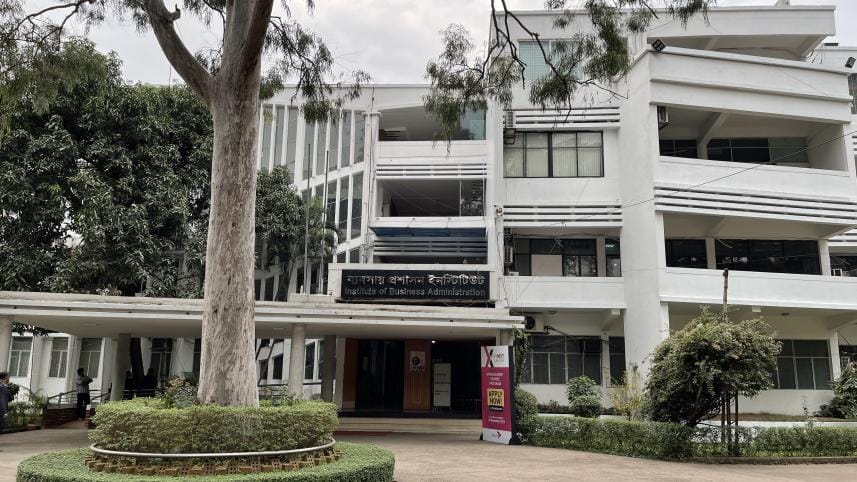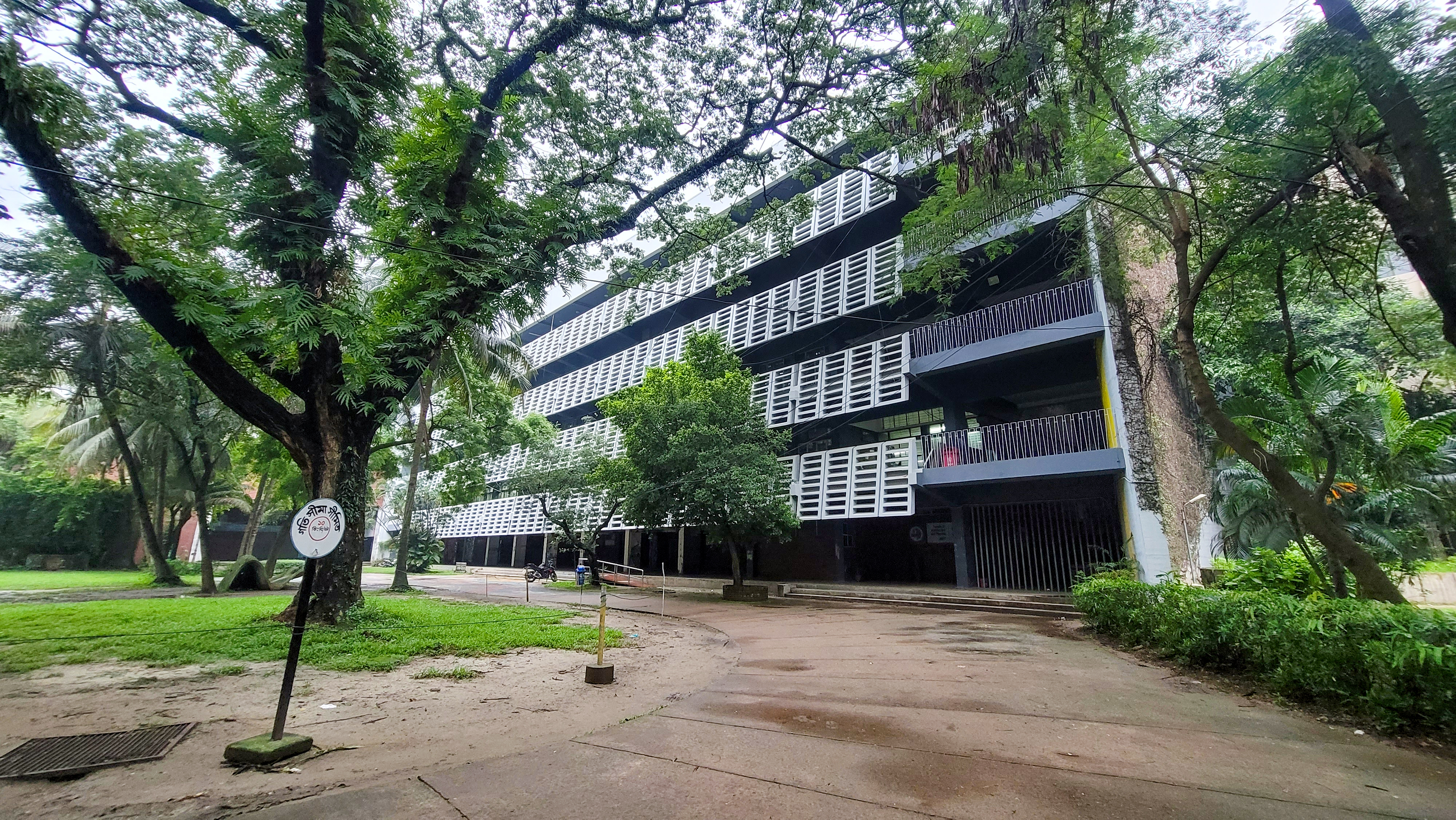Preparing for the DU-IBA admission test

When I asked my peers, especially those who made it into the Institute of Business Administration (IBA), Dhaka University (DU) – just as I did – about why they wanted to get admitted here, I often heard that it was about acing the unique admission test it offers. This is hardly surprising given that the IBA admission test was the first to use an aptitude test, as opposed to the traditional tests used in most other public universities.
But that begs the question: what does it take to "ace" this aptitude test and get into IBA? It is difficult to tell what may work for you, but here is what worked out for me really well.
The IBA admission test consists of three MCQ sections: English, Mathematics, and Analytical Ability, for a total of 70 marks to be answered within 90 minutes. It also contains a written segment, which holds 30 marks and is to be answered within 30 minutes. Note that the mark distribution might change from one year to the next.
For me, the most important part of preparing for the exam was strategising. Different people approach the exam differently, and in the IBA admission exam, this is what sets each student apart. The most common approach – the one that I used as well – is to start with your strongest suit and gradually progress towards other sections.
However, I also know of a few peers who opted to start with sections that they were not the most confident about. This is because of the uncertainty regarding the passing of the bar test. In a lot of cases, students fail to reach the passing bar despite having adequate skills to do so, primarily due to poor time management. Attempting the weakest suite last increases the burden, which might result in errors.
Both approaches have their appeal, and the choice largely comes down to the candidate's mindset about the exam. The choice can be premeditated, but it's better to be prepared for the alternative approach as well.
But how should one judge how confident they should feel about the exam?
A necessary but overlooked component for the preparation is the mentality to read through the questions well. Not accounting for this component often results in misunderstanding the question — an error that may prove to be costly. This is especially prevalent when candidates attempt to complete the section that they find the hardest. Although this is not a guarantee, in most cases, the admission test sections start off with the most difficult questions – ones which may be best left uncontested, due to the risk of negative marks and a very short time frame.
However, the candidates who don't read the question paper thoroughly at first end up feeling pressured by the tougher questions at the start. That, in turn, means that they not only miss out on the likely easier questions in the middle and latter parts but also squander valuable marks by making hasty mistakes.
Not reading the questions thoroughly may also result in misinterpreting what the question demands and thus, making silly errors. I can recall one such incident from my admission test. A series of three questions demanded that the students find out the word that expresses the exact opposite meaning of the original sentence. A lot of candidates – including several who got into IBA – in their hurried state, missed the "opposite" part, only saw the word "exact", and answered the synonyms where they should have answered the antonyms. Hence, instead of gaining three marks, they lost 0.75 (due to negative marking).
Since there are, at the time of writing, barely two weeks left for the preparation, it would be very unwise to attempt to learn newer items. Candidates very often feel anxious about their preparation, especially if they failed to cover certain portions for their test. As a result, they fail to focus on the portions they have already covered. Peer pressure from other candidates also plays a role in this phenomenon, and it must be resisted. You must remember that in an aptitude test, doing what you do best is much more important than doing as many things as you can in a less-than-optimal manner.
Now, for some specific section-related advice. The most challenging aspect of the English section is the unfamiliarity. Most of the items do not follow the mould of the average National Curriculum and Textbook Board (NCTB) questions. Most importantly, most of the questions demand to know what's wrong instead of what's correct. However, this fact is very implicit. Approaching the problems with this eliminative approach rather than the traditional deterministic approach usually proves to be helpful.
Math is the section that usually takes the longest, and thus, for most students, it would be wise to leave a significant portion of their time for this part. The "reading questions thoroughly" advice is especially important for the Math and Analytical Ability section, as these sections have started off with the most difficult questions and gradually gotten easier in recent years.
However, you must also keep in mind that the acceptance rate in DU-IBA is fairly low. Hundreds of students compete for one seat. But you must remember the cliche line: no sheet of paper should determine your future, except here it's a screen with some numbers. Accepting the chances of failure also relaxes the mind, improving the end quality of your effort. Best of luck!
Raiyan Sad Al-Haque stood first in last year's DU-IBA admission test.



 For all latest news, follow The Daily Star's Google News channel.
For all latest news, follow The Daily Star's Google News channel. 

Comments